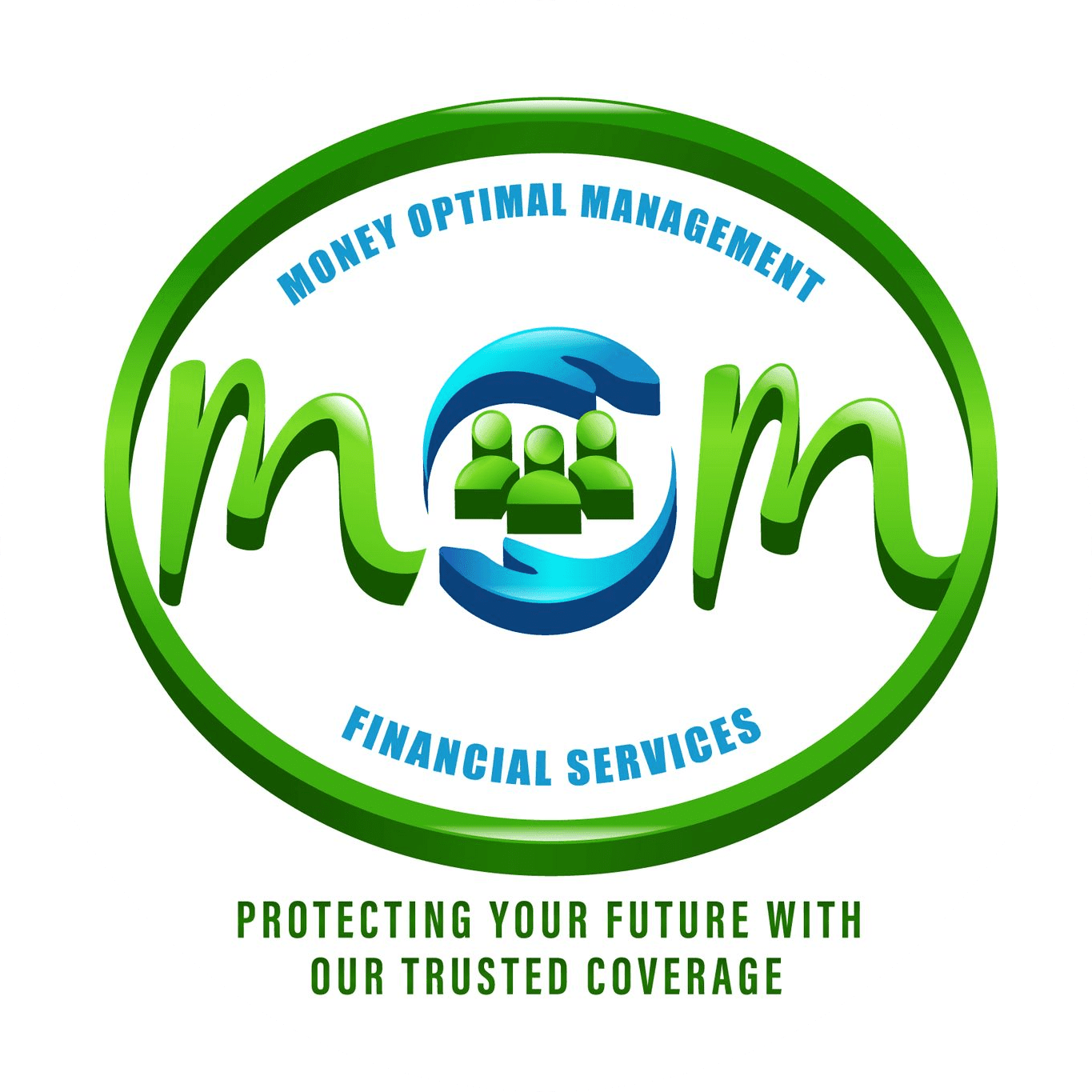Understanding Debt Settlement Services and How They Work

Posted June 7th, 2025
Managing overwhelming debt can feel impossible, but there are real solutions that can help you regain control of your finances. One option many people explore is Debt Settlement Services—a proven debt solution designed to reduce the total amount you owe to creditors.
If you’ve ever wondered what debt settlement is, how it works, and whether it might be the right strategy for your situation, this guide will explain everything you need to know.
What Are Debt Settlement Services?
Debt settlement—sometimes called debt negotiation or debt relief—is a financial strategy that allows you to work with a professional company or negotiator to settle your unsecured debts for less than the full balance owed.
These services are most commonly used for:
- Credit card debt
- Medical bills
- Personal loans
- Collection accounts
Unlike debt consolidation loans, which roll your balances into a single payment, debt settlement focuses on negotiating a lower payoff amount, often saving clients thousands of dollars.
How Do Debt Settlement Services Work?
The debt settlement process typically works in these steps:
- Free Consultation
A reputable debt settlement company will review your financial situation to determine if debt settlement is the best solution for you. - Customized Debt Solution Plan
Once enrolled, you’ll stop making payments directly to creditors and instead deposit funds into a dedicated savings account each month. - Negotiations with Creditors
The debt settlement company will negotiate on your behalf, aiming to reduce your balances—sometimes by 30% to 60% less than what you owe. - Settlement Agreement
When an agreement is reached, funds from your savings account are used to pay off the reduced debt. - Debt Freedom
This process continues until all enrolled debts are settled, helping you move toward financial freedom.
Benefits of Debt Settlement
Choosing debt settlement services can provide several advantages:
- Reduced Total Debt: Pay less than what you owe.
- Faster Debt Solution: Many programs last 24 to 48 months, shorter than paying off debt through minimum payments.
- Single Affordable Payment: Replace multiple payments with one manageable monthly deposit.
- Avoid Bankruptcy: Debt settlement offers an alternative to bankruptcy, protecting your long-term financial future.
Is Debt Settlement Right for You?
Debt settlement is most effective for individuals who:
- Have unsecured debt (like credit cards, medical bills, or loans).
- Are struggling with high-interest rates and overdue balances.
- Cannot realistically pay off debt in the next 5 years with current income.
- Are considering bankruptcy but want another option.
Key Considerations Before Enrolling
While debt settlement can be a powerful debt relief solution, it’s important to understand potential drawbacks:
- Settling debt may temporarily impact your credit score.
- Not all creditors are guaranteed to settle.
- It requires discipline to make regular deposits until debts are resolved.
This is why it’s crucial to work with a trusted and accredited debt settlement company that has a proven track record of helping clients achieve financial freedom.
Final Thoughts
Debt settlement services can provide the fresh start you need if you’re drowning in debt. By negotiating with creditors to reduce your balances, debt settlement offers a real path toward becoming debt-free—without resorting to bankruptcy.
Click HERE for FREE consultation with Mediator Debt Solutions
Contact Me
Send a Message
Whether you're planning for retirement, seeking debt relief, looking for financial education, or exploring options for life insurance to secure your family's future, I'm here to provide personalized guidance. Contact me today for expert advice tailored to your needs and financial goals.

